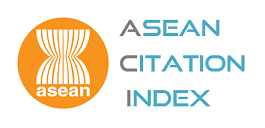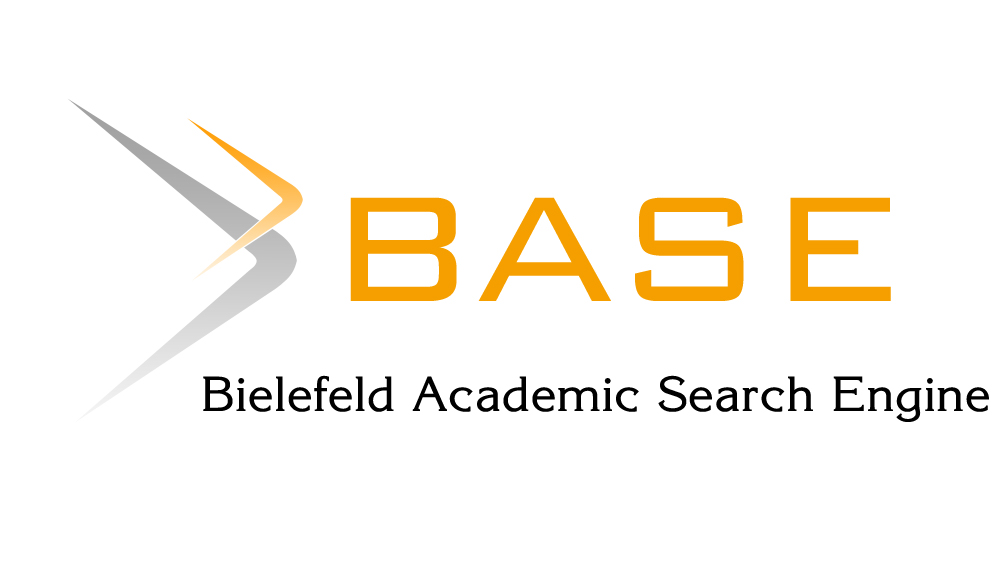INFLUENTIAL FACTORS ON VIETNAMESE NON-ENGLISH MAJORED STUDENTS’ AUTONOMY IN ENGLISH LANGUAGE LEARNING: A CASE STUDY AT TRA VINH UNIVERSITY, VIETNAM
Keywords:
external factors, internal factors, learner autonomy, motivation, self-confidenceAbstract
Learner autonomy plays a crucial role in language acquisition, particularly in English as a foreign language contexts. This mixed-methods study aims to investigate the internal and external factors influencing English language learning autonomy among non-English majors at a university in the Mekong Delta, Vietnam. Ninety second-year students from diverse fields participated in a structured questionnaire, while five students were further engaged in semistructured interviews. Results reveal that high motivation and effective self-regulated learning strategies positively demonstrate greater learner autonomy, while low self-confidence in real-life
English communication remains a challenge for students to increase their autonomy as internal factors. Additionally, the study highlights the crucial role of a supportive educational environment, teacher support, and technological access as external factors in fostering learner autonomy. Based on these findings, the research proposes recommendations for enhancing learner autonomy in English language learning by leveraging these identified factors.











